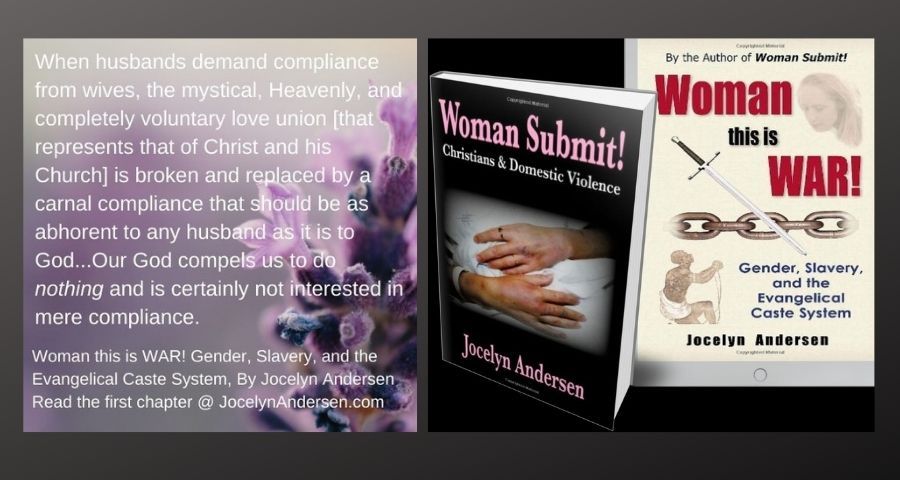Romans 7:2 For the woman who
has a husband is bound by the law to her husband so long as he lives but if the
husband be dead she is loosed from the law of her husband 3: So then if
while her husband lives she be married to another man she shall be called an
adulteress but if her husband be dead she is free from that law so that she is
no adulteress though she be married to another man[1]
[1] A few scriptures pertaining to divorce:
1 Corinthians 7:12-16, Jeremiah 3:8, Ezra 10:3, Matthew 5:32, Matthew
19:9, (this is by no means a comprehensive list). Jesus permitted divorce
under certain circumstances. Paul permitted divorce under certain
circumstances. Under the Old Covenant, divorce was permitted (and even
commanded on a few occasions), but Jewish tradition (not the scriptures
themselves) favored husbands while leaving betrayed wives with little to no
legal or socially acceptable recourse. Jewish husbands, on the other hand,
were free to do as they wished, with virtually no consequences. They had a nasty habit of putting away their wives without divorcing them Malachi
2:14-15, thus avoiding a divorce settlement. God condemned this, calling
it treachery. Many Bible translations erroneously translate the words, “Putting
Away,” as divorce, when the words do not always refer to divorce, but rather to a
putting away without divorce. Putting
away a wife (only husbands did this) without divorcing her, left a couple
married—no divorce had taken place. And while the husband was free to take another wife (wives) without cultural censor, the wife
who was put away was left in desperate straits. If she had no friends or family
who would take her in, a woman had virtually no way to survive in ancient economies.
She needed a man to support her, else she was condemned to either servitude or
prostitution. A case in point might be the Woman at the Well, who had obviously—at
some point in her life—been a woman of good character and reputation (we know
this because she had been highly marriageable. five men had esteemed her highly enough to make her their wife). But,
at some point, this woman who had always been a wife, ended up living with a man who was not her husband. Had she
been widowed four times and the fifth husband put her away without divorcing
her? That is entirely possible, given her history of respectable marriage and the completely opposite circumstances Jesus
eventually found her in. Whatever happened, this woman, who had obviously lived
an upright life through five marriages (otherwise it is doubtful anyone
would have married her at all), chose to make herself a cultural outcast by
living with a man she was not married to. Based on her history of being a wife,
this final choice was likely due to desperation—not to basic immorality. Although
the religious crowd scorned and feared her, divorce/co-habitation was not the
end of God’s purpose for this rejected woman’s life. Jesus broke tradition by seeking
her out and keeping a divine appointment with her (and he must of necessity go through Samaria John 4:4).
He saved her and called her to preach his gospel.
Did you find this article helpful? Link to this post
or share with your connections on social media
Questions and comments are welcome


No comments:
Post a Comment